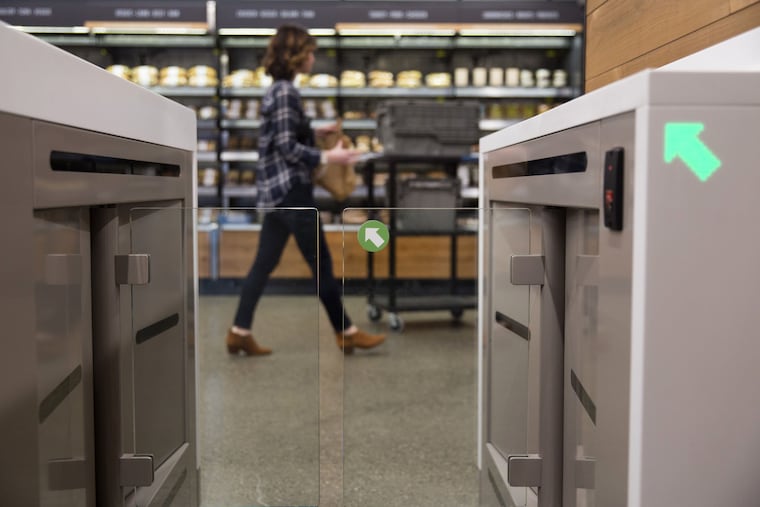Lawmakers must recognize that cash is no longer king for retailers | Opinion
Cash is no longer Americans’ preferred form of currency. Why should not be legislated into the lives and practices of businesses and consumers?

A shift in consumer behavior has dethroned cash as the king of retail purchases. As many as 86 percent of consumers use cards to make purchases, according to the consumer credit reporting agency Experia, a number that will continue to increase due to the growing influence and participation of Millennials and Generation Z consumers.
There are many reasons why businesses are transitioning to cashless transactions. Retailers want a universal and convenient way for their customers to acquire goods and services. They also see the use of credit, debit, and gift cards as an easier way to accurately reconcile a day’s sales. Cashless establishments are able to operate more efficiently, with quicker transaction times, and minimize the risks associated with cash on hand such as robbery and internal theft.
It is the responsibility of retailers to inform customers of cashless policies, via in-store signage and policies posted on their websites. Those that fail to alert their potential consumer base of their policies risk inconveniencing customers, making such an effort counterintuitive.
With forward-thinking plans to keep consumers up-to-date, companies should not be blocked from going cashless. In February, Philadelphia became the first major U.S. city to ban cashless stores. New Jersey joined that trend with a statewide bill last month.
These moves have drawn criticism, with opponents of cashless retail establishments often presenting arguments that are not supported by data. One common misconception is that cashless establishments alienate older customers. Consumer behavior shows that plastic is favored over cash by all age groups. According to a 2018 study by Statista, 65 percent of consumers ages 18 to 29 use credit cards. Reports show millennials are driving growth in credit card use. For those who do not have solid credit or bank accounts, options such as prepaid gift or debit cards are available.
In places beyond the Philadelphia region, including New York City and San Francisco, government is stepping into this conversation with legislation being introduced to curb cashless retail establishments. These proposals clearly stifle payment innovation; what’s less clear is why anyone has concerns about the legality of independent retailers that deny cash payment. The answer to the question about the legality starts with this statement: “This note is legal tender for all debts, public and private.” Look at the dollars in your wallet, and you will see this clearly noted on each paper denomination. The concept of protected public and private transactions should extend to the bank accounts to which consumers entrust their money.
As we debate the desires of business and needs of consumers in the United States, businesses around the world are continuing to develop new ways to streamline services and reduce expenses and liability, including cashless transactions. We should not hinder the ability of U.S. businesses and retailers to compete on the global playing field by legislating cash to be the preferred transactional currency.
There is no going back; cash is no longer king, and it hasn’t been in quite some time. In 2012, per Statista numbers, the total value of credit card transactions in the U.S. amounted to $2.5 trillion, and this figure increased to $3.2 trillion in 2015.
Our elected leaders must be forward-thinking in their efforts to address the emerging consumer behavior of cashless transactions. The business community must work with legislators to determine the best way to deliver their services and goods without violating federal legal-tender laws. The bottom line is that cash is not Americans’ preferred form of currency, and it should not be legislated into the lives and practices of businesses and consumers.
Kristen Regine is a professor of marketing in the Johnson & Wales University College of Business at the Providence campus.